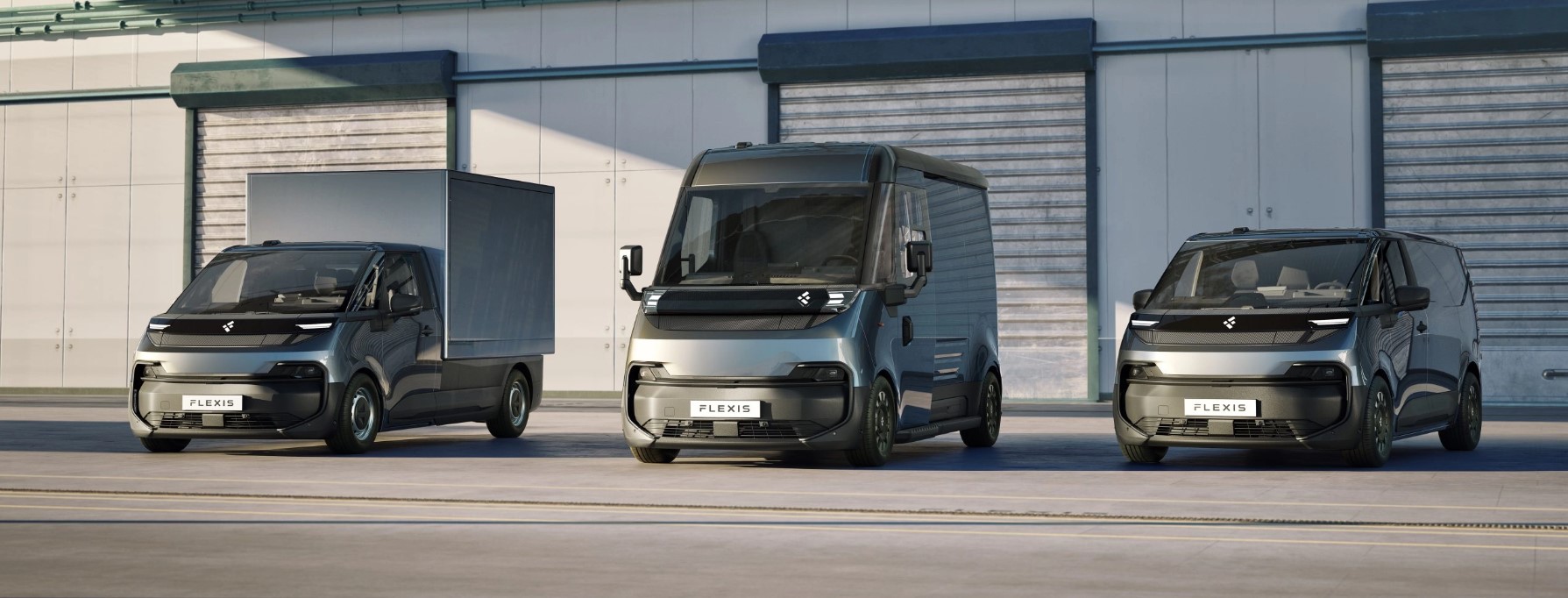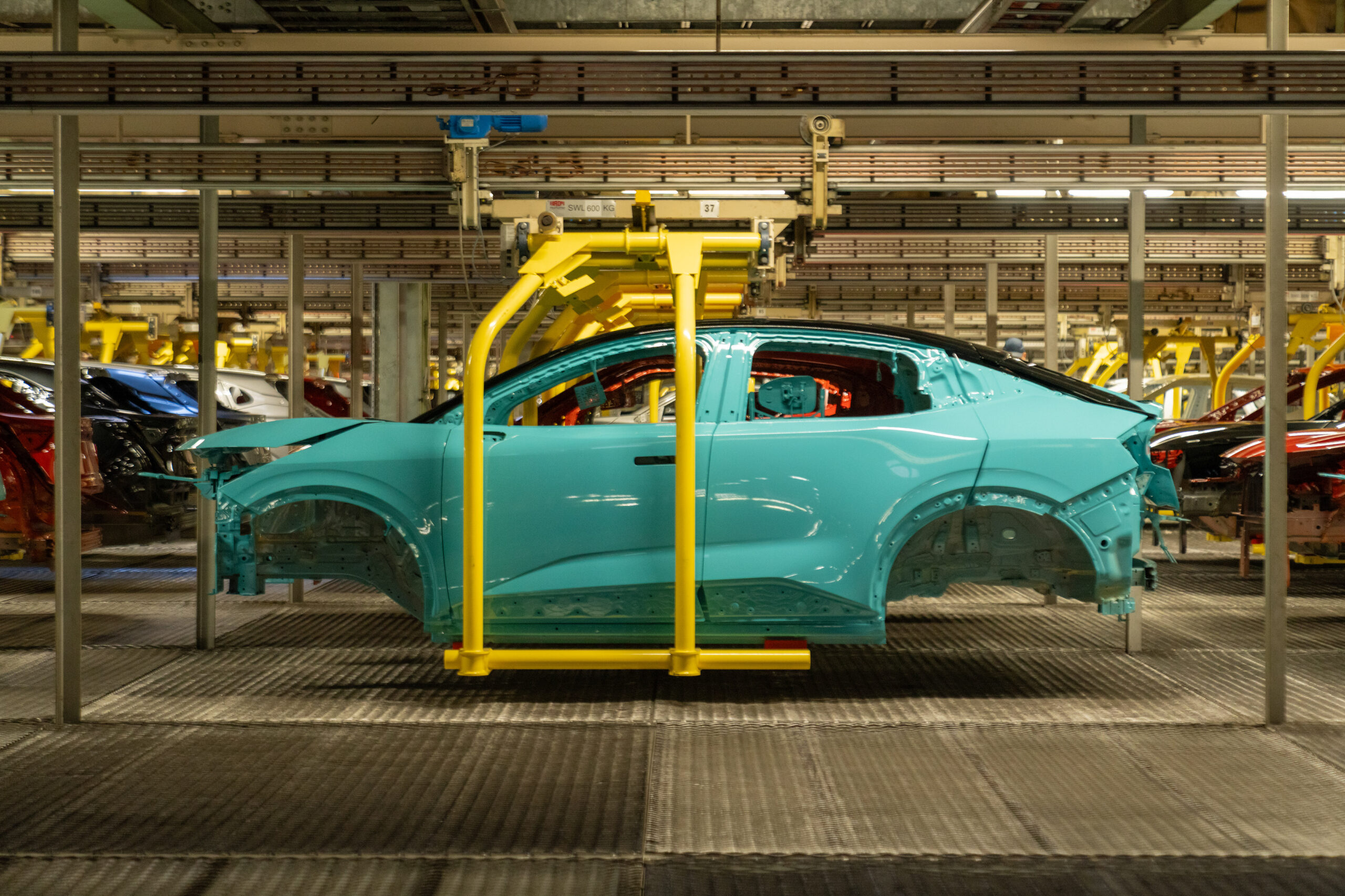
What do you think will be the next big thing for vans in terms of development in the next few years?
We are already seeing the transformative impact of building vans on a true skateboard platform with deeply integrated technology; this architecture enables not just better performance and efficiency, but also entirely new design freedoms. Looking ahead, the next big leap will be in software-defined vehicles: vans that are continuously updated and improved via over-the-air software upgrades, turning every vehicle into an evolving platform tailored to each operator’s needs.
We’ll also see advanced energy management systems, like vehicle-to-grid (V2G), vehicle-to-load (V2L) and bidirectional charging, giving commercial fleets the ability to support energy resilience for their depots or even local communities. And inside the vans, modular, reconfigurable interiors will become a game-changer, letting businesses quickly adapt their vans for different roles; delivery, mobile workshops, or passenger transport, therefore maximizing utilisation.
Together, these developments will make vans smarter, more sustainable, and incredibly flexible, empowering fleet operators to adapt to a fast-changing world.
For those who haven’t heard of Flexis, how would you describe what you do?
Flexis designs and builds all-electric vans from the ground up on an EV native skateboard platform, purpose-built for urban logistics and last-mile delivery. Our vans combine cutting-edge integrated technology, flexible interiors, and zero-emission performance to help businesses move goods more efficiently and sustainably.
We’re focused on redefining commercial vehicles to meet the needs of modern cities and ambitious fleet operators. City positive logistics – that’s what we aim to deliver.
What challenges in urban logistics is Flexis aiming to address?
Urban logistics today faces growing challenges: congestion, air pollution, rising delivery demands, and limited space for vehicles. At Flexis, we’re tackling these head-on by building compact, zero-emission electric vans optimized for city environments.
Our skateboard platform allows for tight turning circles and better manoeuvrability in narrow streets, tight parking places, while integrated technology supports smarter routing and fleet management to cut down congestion.
We’re also focused on maximizing cargo efficiency with modular interiors, so operators can do more with fewer trips, reducing both traffic and environmental impact. Ultimately, we aim to make urban deliveries cleaner, quieter, and more
efficient, helping cities and businesses keep up with the demands of modern e-commerce while improving quality of life for everyone.
What does ‘city positive logistics’ mean for Flexis?
For Flexis, city-positive logistics means designing solutions that actively benefit urban environments, not just operate within them. It’s about taking a progressive approach to logistics that prioritises positive outcomes for people and the planet. We’re dedicated to measurable results, using real-time data to turn negative impacts into positive contributions, for example reducing emissions, easing congestion, and improving air quality.
It’s also a mindset: believing in the potential to transform urban logistics into a force for good. And it’s a commitment to our values, showing clearly how our actions build trust and credibility by making cities cleaner, quieter, and more liveable.
What makes Flexis different from other players in the LCV market?
Flexis stands apart by designing our vans from the ground up on a dedicated skateboard platform, purpose-built for electric urban logistics, rather than retrofitting existing combustion models. This allows us to maximise cargo space, manoeuvrability, and efficiency for city environments.
We also integrate advanced technology as standard, enabling real-time data, smart routing, and remote diagnostics, helping fleets operate more sustainably and cost-effectively.
Just as importantly, we’ve prioritised driver safety and ergonomics from day one. Our vehicles are designed to reduce the physical strain associated with loading, unloading, and extended time on the road, tackling common health issues faced by delivery drivers and ensuring a safer, more comfortable working environment.
Crucially, our commitment goes beyond the vehicle itself: we take a city-positive approach, focusing on measurable impacts that improve air quality, reduce congestion, and make urban life better. We’re not just building electric vans; we’re reimagining logistics to create lasting benefits for people and cities.
How does Flexis’ approach contribute to reducing the environmental impact of deliveries in cities?
Our approach directly tackles the environmental challenges of urban deliveries by designing all-electric vans from the ground up to eliminate tailpipe emissions, cutting air pollution and improving urban air quality. Our compact, manoeuvrable vehicles reduce congestion by operating more efficiently in tight city spaces, helping ease traffic flow.
Our advanced technology optimises routing and fleet operations, reducing unnecessary mileage and energy use. By combining zero-emission vehicles with data-driven efficiency, we’re able to lower both the carbon footprint and the overall environmental impact of last-mile logistics, supporting cleaner, healthier, and more liveable cities.

Louis Morasse
Chief Designer, Flexis S.A.S


